“Spain must preserve the faith it once transmitted to us”
Al John Madrilejos Clet's vocation to the priesthood began as a child. God also calls in childhood, and each person freely decides to pursue that call through discernment, prayer, and reflection, accompanied by the guidance of a priest
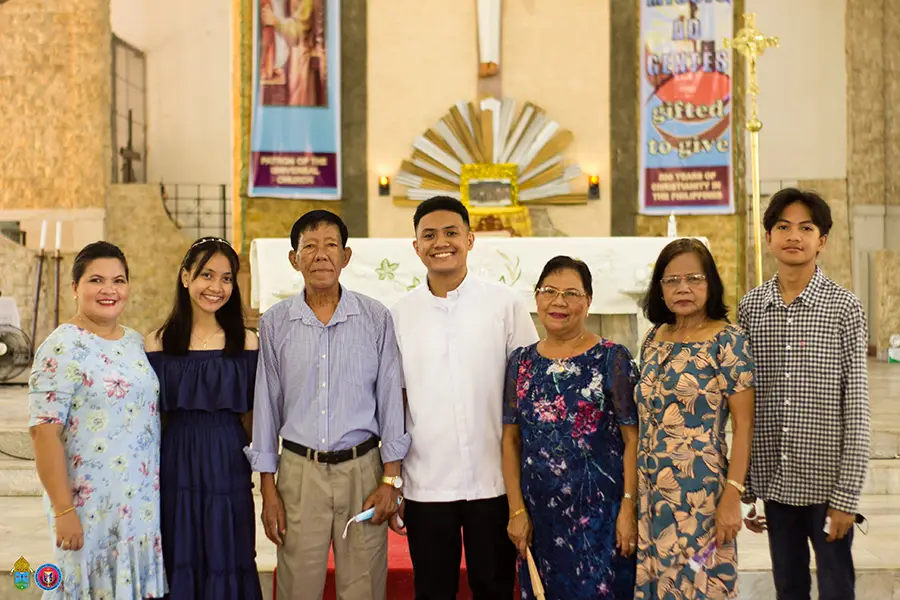
Al John Madrilejos Clet, 23, is a Filipino seminarian living in Pamplona at the Bidasoa International Seminary. He is in Spain studying third-year Theology at the Ecclesiastical Faculties of the University of Navarra because his diocese has sent him to Spain for training.
The history and origin of this Filipino seminarian’s vocation
He belongs to the Diocese of Legazpi, Philippines, and tells how his vocation’s flame was ignited: “As a child, my grandmother always took me to Church. She is a very religious woman and taught me what the Church is. I was intrigued by the man who ‘wore different colors at Mass.’ Then, at 10 years old, I became an altar boy. That’s when I learned a little more about the mission of this man who wore a chasuble and colors and who was the priest.”
His mother then enrolled him in the minor seminary school in his city for primary school. Maria Teresa, a teacher and nurse at Bicol University (Tabaco Campus), thought it was a good school, and it was also close to the hospital where she works. He continued his studies at St. Gregory the Great Seminary until high school.
A vocation supported by his family despite the distance
Al John’s father, Alex Madrilejos, is a Filipino worker abroad. His brother is studying Computer Engineering at Bicol University (Polangui Campus, in the Philippines). And his sister is finishing her high school degree at the University of Santo Tomas (Legazpi) and wants to be a doctor. Despite the distance, our seminarian feels the support of his entire family for his vocation.
With all this, Al John knew that his father had alternatives for his professional future if his vocation ultimately didn’t materialize. “After finishing high school, I took some time to think about whether I was going to continue on the path of the priesthood and enter the major seminary as a seminarian.
My father asked me if I wanted to continue, because he had a different plan for me. After months of prayer, I decided to continue at the Mater Salutis major seminary. My father didn’t hesitate to support my decision,” says Al John, the eldest of three brothers.
Thus, after completing four years of Philosophy at the Mater Salutis major seminary in his diocese, his formators suggested he continue his training in Spain.
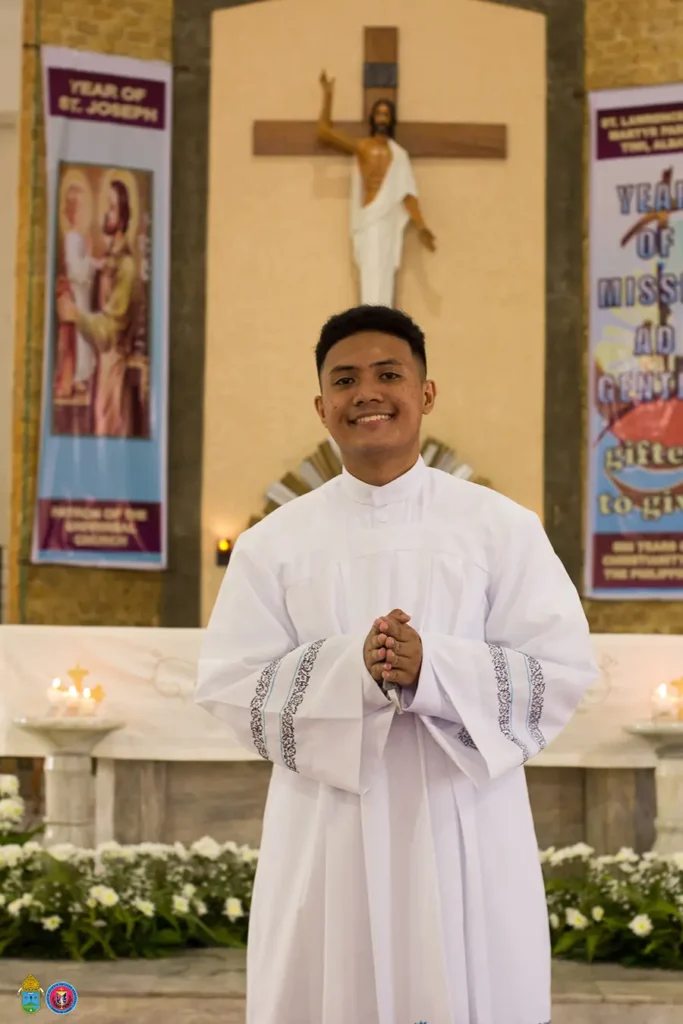
Trusting in God
“I have to admit that I had many doubts because the level of the University of Navarra is high, but I have also experienced that nothing is impossible for God,” he affirms.
From his time in the seminaries of his diocese, he has fond memories: many friends and great learning experiences, not only academically, but also the discovery of personal talents and hobbies such as music and sports. “And most importantly: a deep love and relationship with Jesus, something I’m also learning at the Bidasoa International Seminary.”
Similarities between Spain and the Philippines
He is happy in Spain. For him, there are similarities in the beliefs of Spain and the Philippines since they were colonized. “I want to focus more on the religious practices that Spain has from the perspective of a Filipino. The liturgy is very beautiful, because here in Spain there are things that we don’t use in the Philippines, such as a deacon’s dalmatic and the processional umbrella used when exposing the Sacrament,” explains Al John.
He is drawn to Spanish churches, which exude a conducive and peaceful atmosphere for praying and attending Mass. “However, it saddens me a little when I see that the churches I’ve been to, especially in Madrid and Barcelona, are half empty; not many people attend. And I wonder: Is this the result of secularization or a lack of faith among this generation?” this young seminarian confesses.
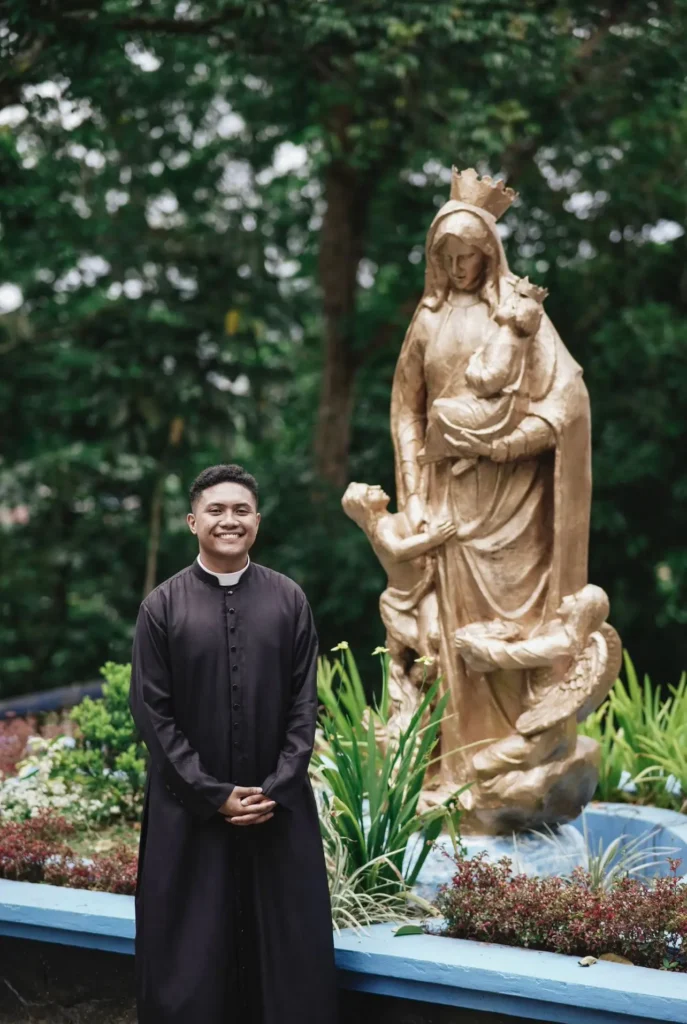
Al John and his love for the Virgin Mary
Al John prays and hopes that Spanish Catholics will have a deeper relationship with the Virgin Mary, recovering their Marian roots, because his faith has been imbued with Marian spirituality, and he has experienced that the relationship with the Lord passes through Mary.
“As part of a Mary-loving people, this veneration and relationship with our Mother helps us Filipinos continue to live our faith under the maternal care of the Virgin Mary. It is a great help for vocations, and especially for Spanish vocations. Spain must continue and preserve the faith that was once passed on to us Filipinos.”

More than 92% of the inhabitants of his diocese are Catholic, but there is little vocation.
This Marian spirituality is what he wishes to see take deeper root in his diocese, Legazpi. Located in Region V, Bicol, it is led by Bishop Joel Z. Baylon and has 117 diocesan priests and 42 religious. It pastors 1,390,349 Catholics out of a total population of 1,487,322, 93% of whom are Catholic.
The Diocese of Legazpi faces several challenges, including the implementation of pastoral programs. Al John explains these challenges: “The ongoing Diocesan Pastoral Assembly (DPA) reflects efforts to align with our bishop’s vision for the local Church. Some reforms of the Second Vatican Council that remain unfulfilled must also be implemented.” Another important challenge is the priest-to-faith ratio (1 priest for every 9,000 people), which limits pastoral care and makes it difficult to effectively reach all parishioners.
The Influence of Popular Devotions in the Philippines
Another challenge, as in many places, is confronting the secularism that also wreaks havoc in the Philippines. “The positive thing about my country is that Catholicism has a strong impact through popular devotions and processions, which are deeply rooted in the local culture. It’s a shame, on the other hand, that many faithfuls only attend Mass at Christmas and Easter, neglecting Sundays,” he laments.
But Al John is eager and enthusiastic about confronting a secularized society, dependent on technology, where there is less search for the truth.
“More and more people are attracted to virtual reality and the screen in front of them. However, this can also be an advantage. Easy access to media can be an effective platform for evangelization. And how are we going to do this? We must become a witness to God’s love,” this young seminarian expresses.
The Example of the Early Christians
For this great work, he draws on the early Christians and the apostles, who as early as the first century became a living witness of Christ to the people, not only with words, but also through their efforts and actions to spread the good news.
For Al John, just as then, people discover Christ through what they see and hear. “Therefore, through these platforms, we become modern apostles by evangelizing virtual reality, showing God’s love to reach people and their hearts. It is a great challenge, but with God’s grace, I believe it is possible.”
To carry out his vocation and this great work of evangelization, he is preparing for the priesthood. For him, the first thing he must radiate is the heart of a pastor. “A shepherd’s heart is both a guiding heart and an exemplary heart. A priest with a shepherd’s heart is a guide for his people, through the sacraments, helping them to draw ever closer to the true and good shepherd: Jesus,” he expresses. Al John believes that a priest should provide humble service in all areas of life.
“His service should be for everyone, and the presence of Christ should be made present in him through his humility and simple gestures. Jesus touches the person as a sign of great care and love. As Pope Francis says in his letter Dilexit Nos, it is essential to realize that our relationship with the person of Jesus Christ is one of friendship and adoration, drawn by the love represented in the image of his heart.”
Grateful to the CARF Foundation
Like all Bidasoa seminaries, Al John is very grateful to the benefactors for the financial support that makes his studies and training in Spain possible. “Thank you for all the support you give us. You all give us the opportunity to study in incredible places like the University of Navarra. I pray for your well-being.”
Related

Reflection by Bishop Enrique Díaz: The Lord’s mercy is eternal. Alleluia
Enrique Díaz
27 April, 2025
5 min
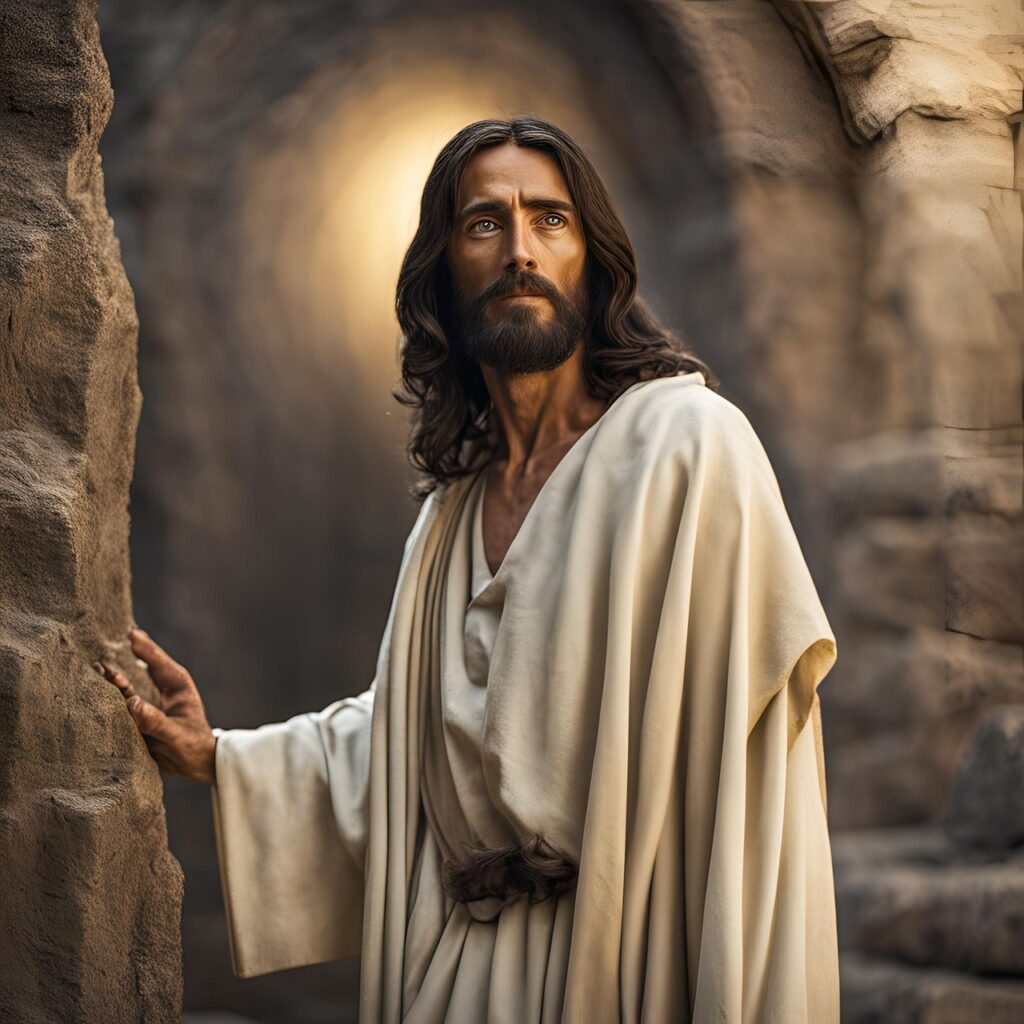
After Eight Days Jesus Arrived: Commentary by Fr. Jorge Miró
Jorge Miró
26 April, 2025
3 min

The Perspectivas del Trabajo Foundation is founded with the aim of promoting virtues for professional development
Exaudi Staff
25 April, 2025
2 min
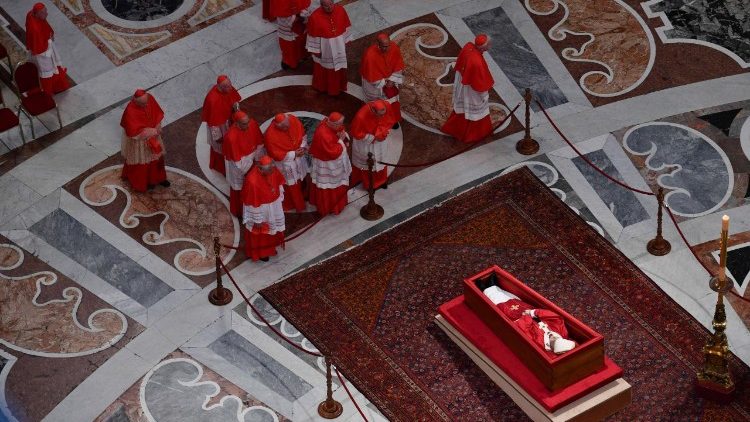
“We have experienced a brilliant pontificate that has touched the hearts of believers and non-believers alike”
Exaudi Staff
23 April, 2025
6 min
 (EN)
(EN)
 (ES)
(ES)
 (IT)
(IT)

